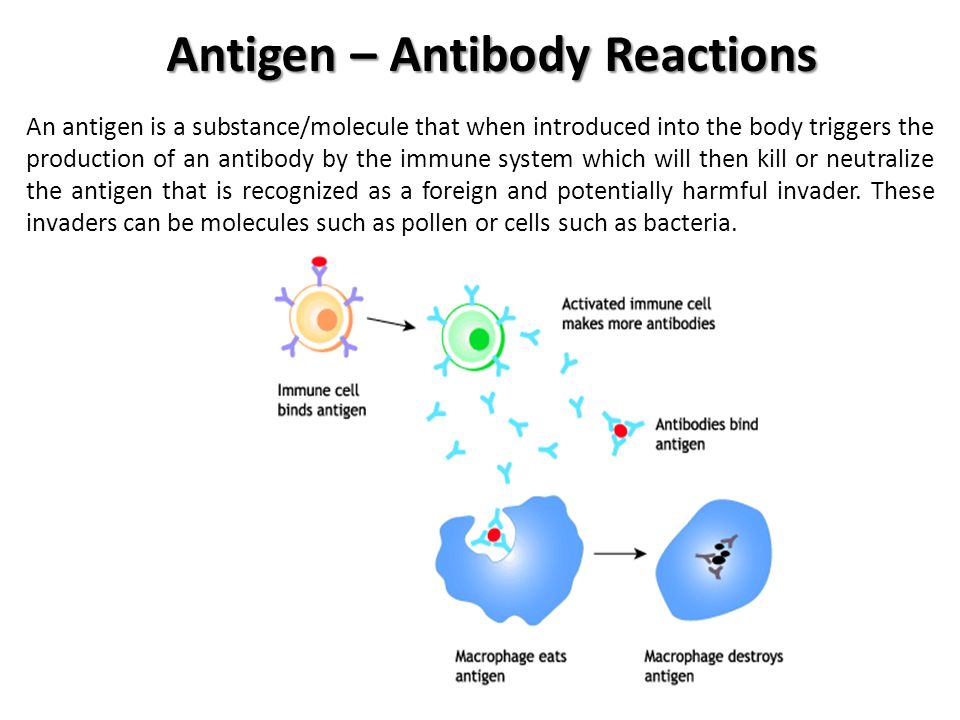
🚨 We've been talking about tiny mutations in the coronavirus.
Scientists say we should be talking more about how the virus is a master of mixing *large* chunks of its genome. This might contribute to new and dangerous variation.
My latest, for @nytimes: nytimes.com/2021/02/05/hea…
Scientists say we should be talking more about how the virus is a master of mixing *large* chunks of its genome. This might contribute to new and dangerous variation.
My latest, for @nytimes: nytimes.com/2021/02/05/hea…
Other RNA viruses make about 20-times to 100-times more tiny, single-letter mistakes in their genomes than coronaviruses do, according to Mark Denison of @DenisonLab. That's because coronaviruses have a fabulous 'proofreading' enzyme, called nsp14-ExoN. 2/n
So, tiny mutations are actually relatively *rare* in coronaviruses compared with many other viruses. One theory is that coronaviruses have this excellent proofreading because they are BIG among RNA viruses. They have around 30,000 'letters' in their genome. 3/n
In contrast, influenza and polio have around 14,000 and 7,500 letters in their genomes. Since coronaviruses are so big, there's more room for short-circuiting errors to crop up as they replicate—and their proofreading enzyme protects against that. 4/n
When scientists recently 'broke' this proofreading enzyme in a mouse coronavirus, they saw more small mutations. But—crucially—they saw less remixing of the coronavirus genome. Suggesting that the enzyme helps the virus 'recombine' its genetic bits to create variation. 5/n
Coronaviruses appear really good at recombination. But just to be clear there are different 'flavors' of this recombination:
1) a single virus remixing its copies in a cell
2) two variants of the same virus remixing in a cell
3) two different kinds of coronavirus mixing 6/n
1) a single virus remixing its copies in a cell
2) two variants of the same virus remixing in a cell
3) two different kinds of coronavirus mixing 6/n
That last category is the scariest, but scientists say they don't have much evidence that coronaviruses from very distinct taxonomic groups can mix. Seems difficult for the virus to do that. Within groups though? That looks like less of a stretch. So vigilance is needed. 7/n
Recombination is hard to study because it leaves no 'scars' in the genome.
But there's a silver lining: the nsp14-ExoN enzyme that SARS-CoV-2 uses for recombination could be its Achilles' heel. Scientists are now looking for drugs to target that enzyme: nytimes.com/2021/02/05/hea…
But there's a silver lining: the nsp14-ExoN enzyme that SARS-CoV-2 uses for recombination could be its Achilles' heel. Scientists are now looking for drugs to target that enzyme: nytimes.com/2021/02/05/hea…
Antiviral like #remdesivir and ribavirin usually trip up viruses by giving them dummy RNA that trips up their replication. But it seems like coronaviruses overcome those errors with their excellent proofreading enzyme, nsp14-ExoN. This might foil remdesivir and ribavirin. 9/n
So, now Sandra Weller of @UConn is teaming up with @DenisonLab to try to develop a 'cocktail' approach that would combine drugs like #remdesivir with a compound that targets nsp14-ExoN. It was a 'cocktail' approach like this that helped us truly fight back against HIV. 10/n
Many thanks to @stgoldst, @ElEarlyBird, @katrina_lythgoe, Vincent Munster of @NIAIDNews, Feng Gao of Jinan University for speaking with me for this article. 11/n
Also a great deal of thanks goes to Geng Meng of the China Agriculture University, @virusninja and @BrianRWasik for contributing context and information for this story. 12/n
• • •
Missing some Tweet in this thread? You can try to
force a refresh




